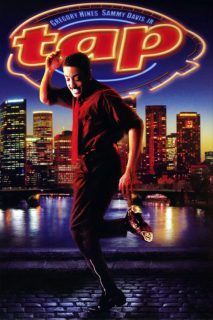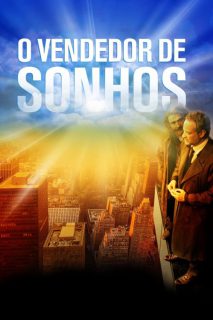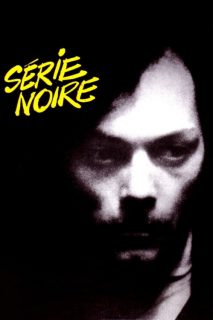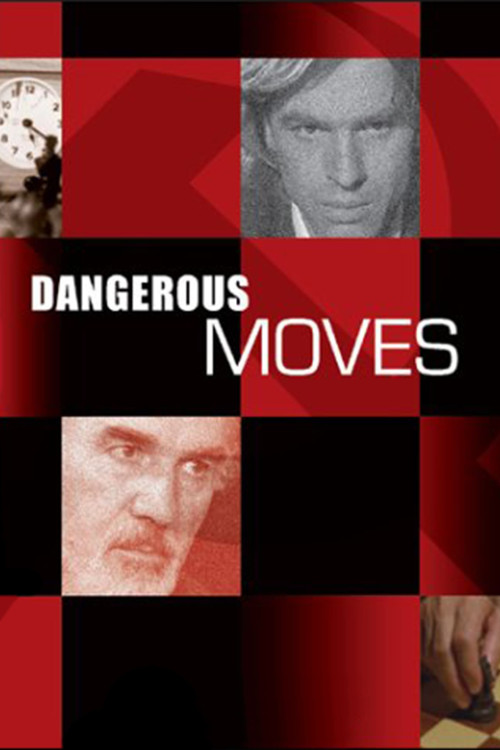
- Year: 1984
- Released: 24 May 1985
- Country: France, Liechtenstein, Switzerland
- Adwords: Won 1 Oscar. 4 wins & 3 nominations total
- IMDb: https://www.imdb.com/title/tt0087144/
- Rotten Tomatoes: https://www.rottentomatoes.com/m/dangerous_moves
- Metacritics:
- Available in: 720p, 1080p,
- Language: French
- MPA Rating: N/A
- Genre: Drama, Sport, Thriller
- Runtime: 100 min
- Writer: Richard Dembo
- Director: Richard Dembo
- Cast: Michel Piccoli, Alexandre Arbatt, Liv Ullmann
- Keywords: chess,
 | 6.7/10 |
 | 70% – Critics |
 | false% – Audience |
Dangerous Moves Storyline
Two masters of chess duel each other not only in their game but also in their different ideologies. The veteran Akiva is a Soviet Jew and ferocious Communist, master of his game but also dealing with a declining health while the young and restless genius Pavius has defected to the West to escape from the Communism tentacles. Their differences will be put to test while they’re both competing in the World Chess Championship, with a huge prize at stake just as much as the political ideologies behind those characters.—Rodrigo Amaro
Dangerous Moves Photos
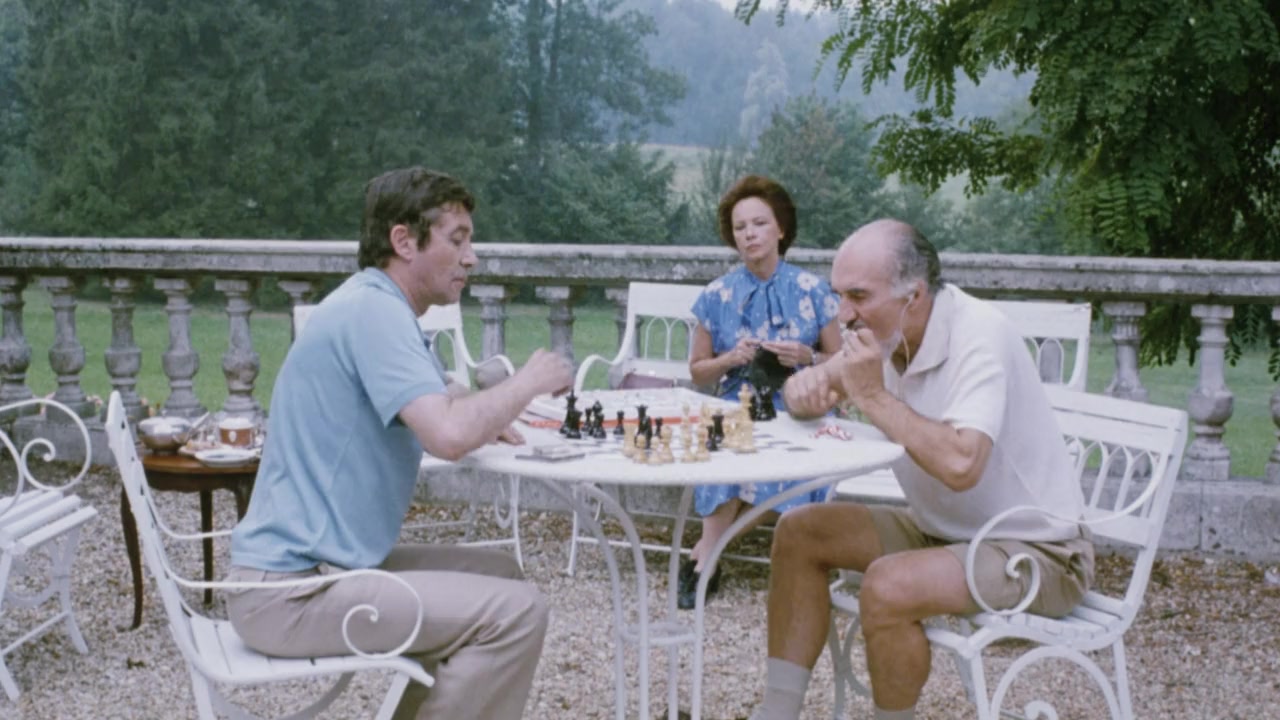
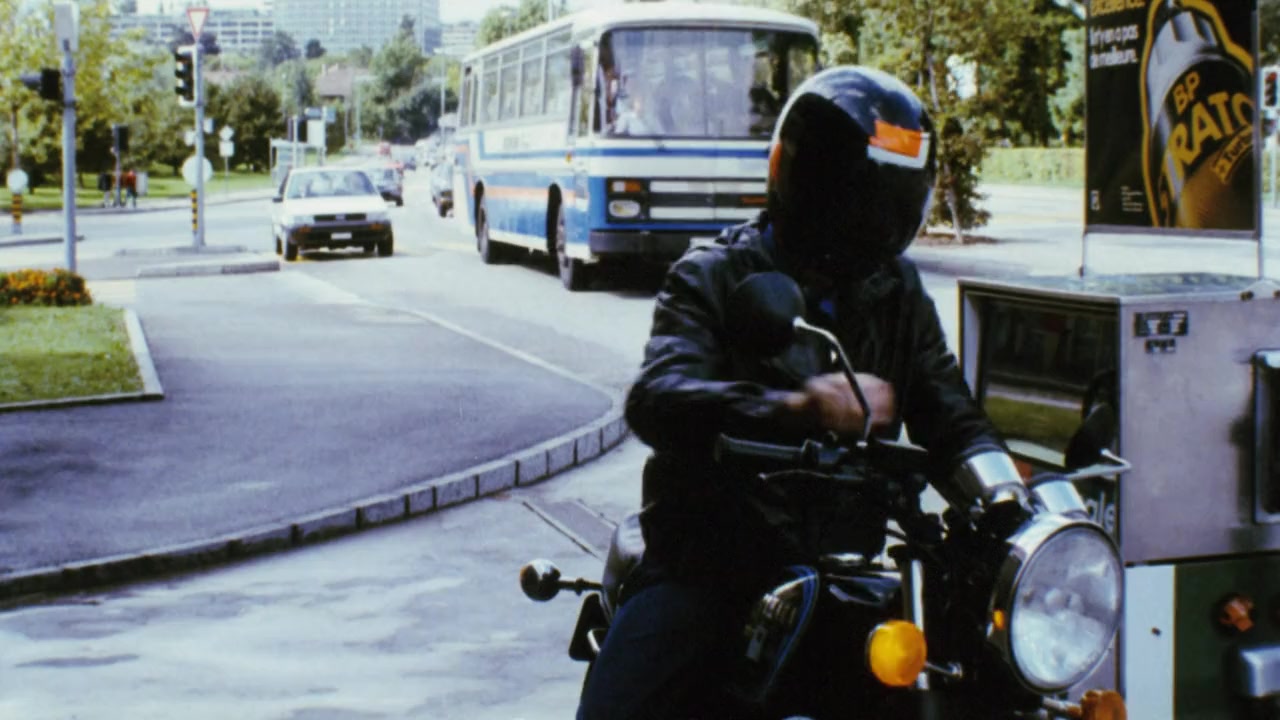
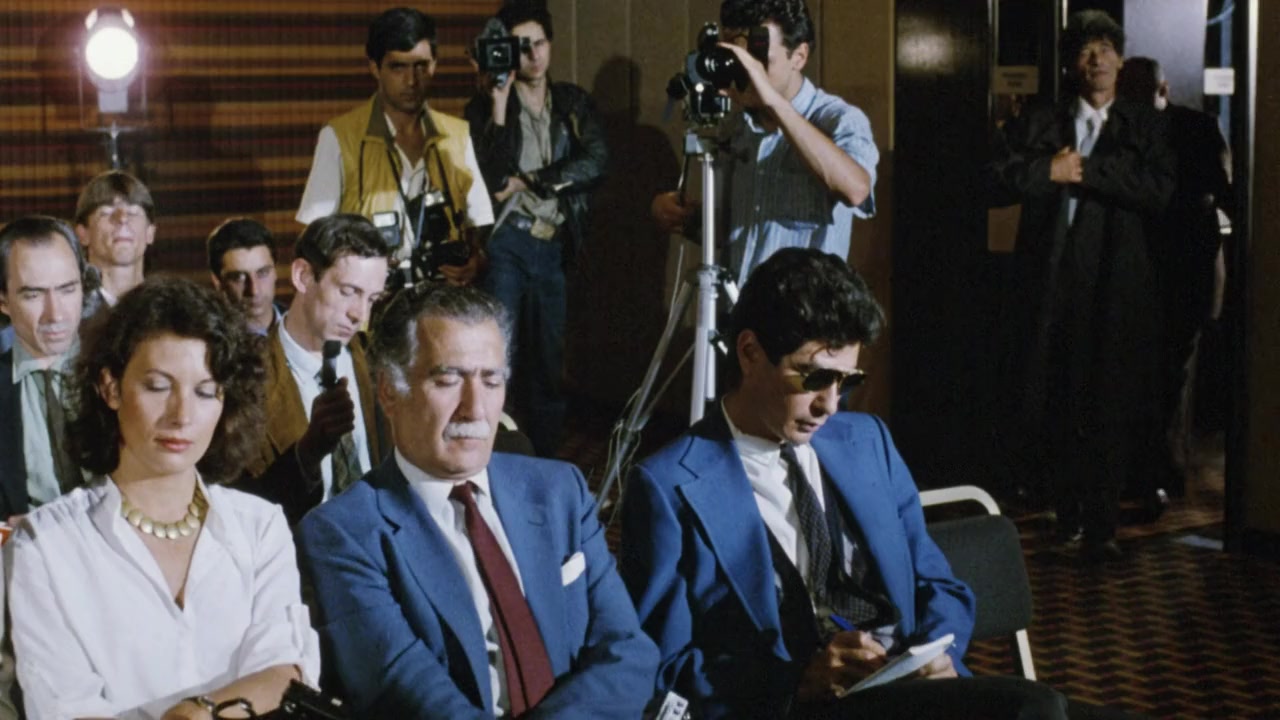
Dangerous Moves Torrents Download
| 720p | web | 926.35 MB | magnet:?xt=urn:btih:F59A5A02EC28E922B53F7D6549286B28BFDDD6F4 | |
| 1080p | web | 1.68 GB | magnet:?xt=urn:btih:5D47FB3F651510E6F937FC9C673F890BFB5279BE |
Dangerous Moves Subtitles Download
| English | subtitle Dangerous Moves (1984) La diagonale du fou Dangerous Moves (1984) DVDRip | |
| Portuguese | subtitle Dangerous Moves 1984 NTSC DVD x264- | |
| Portuguese | subtitle Dangerous Moves 1984 NTSC DVD x264- |
Dangerous Moves Movie Reviews
“Chess holds its master in its own bonds.” Einstein.
All eyes were upon the World Chess championship of 1972 between Russian Boris Spassky and American Bobby Fischer. It created a media frenzy as it epitomised the ideological confrontation of the Cold War and Fischer’s victory accorded him heroic status.
Fischer once observed that “the object of Chess is to crush the opponent’s mind.”
The political and the psychological have been brilliantly combined in this impressive film debut of Richard Dembo which depicts a fictional championship match between a Soviet stalwart Akiva Liebeskind and a younger, former pupil Pavius Fromm who has defected to the West. Some of the episodes might seem more than somewhat bizarre but no more so than the outrageous antics of Korchnoi and Karpov in their match from 1978 which probably proved the inspiration for Dembo’s film.
Liebeskind is in fragile health caused by years of competing at the highest level whilst Fromm, although in the peak of physical health, is already showing signs of the Paranoia which afflicted the aforementioned Fischer.
The director, his first rate cast and his superlative editor Agnes Guillemot have succeeded in maintaining a constant sense of apprehension and intimidation. The tension between the two opponents is given an emotional counterpoint in the strains suffered by their wives, one of whom is portrayed by Leslie Caron as stoically supportive whilst the other, played by Liv Ullman, is distinctly neurotic. The tragedy of the film lies in the fact that the Game of Kings is here played by two grandmasters who have been reduced to mere political pawns.
Alexandre Arbatt is gifted his best role as Fromm and although from the outset he is a thoroughly unlikeable egoist, his character becomes less one dimensional as the tale unfolds. Not for the first time of course the performance that lingers longest is that of the superb Michel Piccoli as Liebeskind. Throughout a long and distinguished career he has specialised in portraying the darker side of human nature but this role is unusually sympathetic and he once again gives a performance of the upmost subtlety. Deservedly nominated for a César( his fourth) he was destined alas to be the bridesmaid, never the bride.
Naturally the film has acquired ‘cult’ status among Chess aficianados but I do not think it essential to be one of that number in order to appreciate its merits. As for the ideological differences, recent events have again proved that these are irreconcilable. It is supremely ironic that the words “Chess makes men wiser and clear-sighted” should have been uttered by a certain Vladimir Putin!
Interesting but definitely not for everyone.
“Dangerous Moves” is a French film that in some ways is a fictionalization involving the chess champ, Bobby Fischer mixed with some Cold War dramatics. The film is about a long-anticipated match between a Russian Grand Champion (Liebskind) and a Russian expatriate Grand Champion (Fromm). Liebskind is older and ill–and he and the agents from his country are trying to hide this from everyone. Fromm is a nut-case (like Fischer)–very, very, very demanding and amazingly neurotic. Neither man likes the other and due to Fromm’s weird antics, it’s not even certain that the match will take place. And, when it does, both players threaten to derail it repeatedly.
The film is an interesting character study of two seriously disturbed and difficult to like men. I appreciated this, as most films feature more one-dimensional and predictable characters. However, many will blanch at the film’s slow pacing and that so much of the film takes place at the match–making it a hard-sell to most viewers–plus there is no hero to root for–just two very determined oddballs. It is very good but also for a very narrow audience. Worth seeing, though, if you are very patient or have a background working in mental health. Otherwise, there might just be some better French films you might want to see first.
The Cold War in a chess game
Disputing the world title of chess, sit down in chairs opposite two soviets. However, none of the two is Russian: one of them, the champion, is Jewish. The other, the challenger, is a Lithuanian, political exile that is refugee in another country. This game will be a mirror of the Cold War: each movement is dangerous, each play is strategically important. Who is the best? The communist Jew, obedient to the Soviet state, or the Lithuanian traitor, enemy of the proletarian revolution? A beautiful end, where the game in itself has, for both, a larger importance than the world title and they consequences. A good film, with reasonable tension, great representative of the rare Swiss movies.

